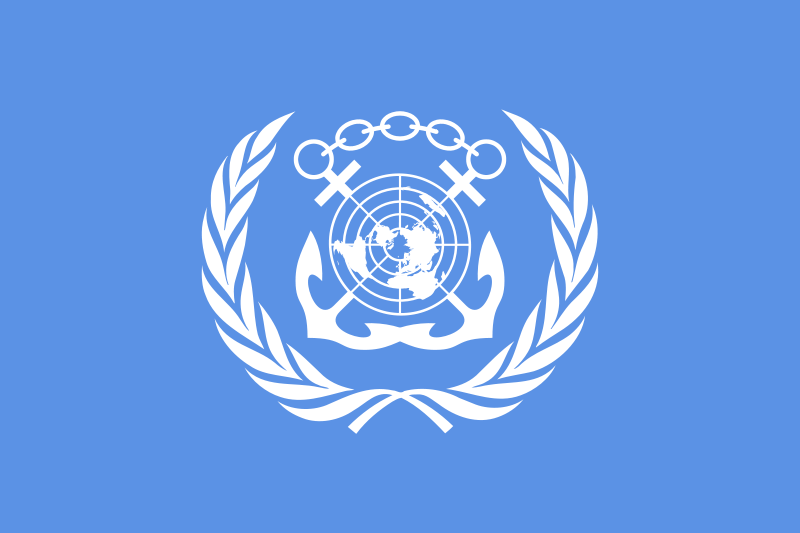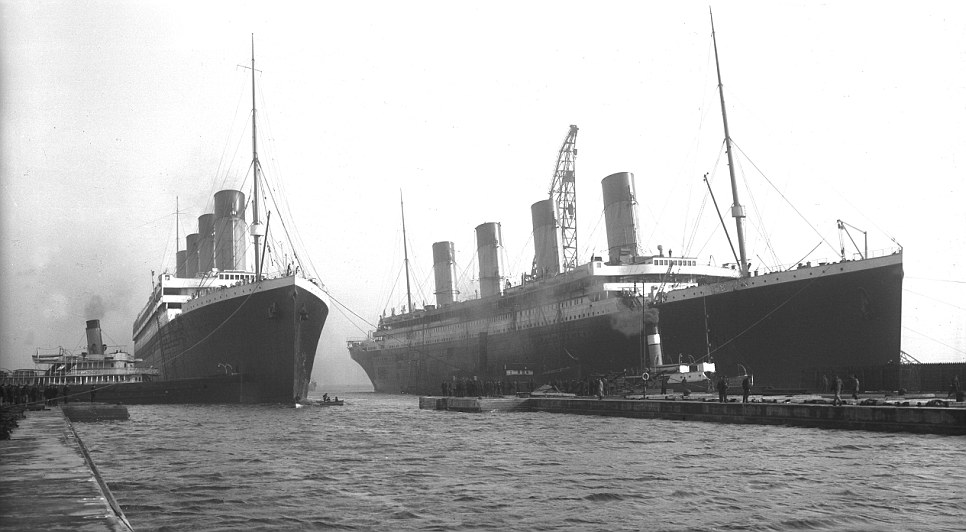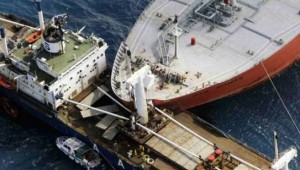
MARPOL is the convention that was put in place to minimize pollution from ships and marine vessels. It was first implemented in 1973 and a protocol later modified it in 1978. MARPOL is short for “Marine Pollution.” It was designed to minimize pollution at sea from marine vessels by used to dumping oil, waste and polluting gases in to the ocean and atmosphere. The organization objective is to “protect and preserve the environment through completely eliminating pollution by oil and other harmful substances and the minimizing accidental discharge/ leakage of such substances.

The MARPOL convention was first signed 17 February 1973 but was not enforced. The convention in use today is a combination of the 1973 conventions and 1978 protocol. It was enforced 2nd October 1983. As of the end of 2005, 136 counties had joined membership representing 98% of the worlds marine transport tonnage.
All ships registered under MARPOL signatory countries are required to follow MARPOL rules regardless of where they sail where as member states are responsible for vessel registration under respective nationality.
There are some annexes that going countries are requiring to agree to before acceptance. Annexes I and II are compulsory, where as III and IV are voluntary.
- Annex I was enforced on 2nd October 1983 where as Annex II on 6th April 1987. By October 2009 150 countries accounting for approximately 99% of worlds marine transport tonnage had partnered to Annexes I and II.
- The third Annex III came into force 1st July 1992 with 133 counties members as of October 2009 representing approximately 95% of world tonnage.
- Annex IV was enforced on 27th September 2003 and had 124 member countries as of October 2009 accounting for above 80% of total marine tonnage.
- Annex V was enforced on 31st December 1988 and had 139 members by October 2009 who accounted for approximately 97% of total marring transport tonnage.
- Annex VI enforced on 19th may 2005 had 56 member countries as of October 2009 that catered to approximately 46% of world maritime tonnage.
Standard Implementation and Enforcement
It is requirement that for IMO standards to be binding they must be approved by a total number of member counties combining a minimum of 50% of the world gross tonnage which could take a long time. A tactical acceptance system has therefore been put in place. If no objections are raised by member states after certain duration has passed, it is assumed they have agreed to the treaty.
All six annexes have been approved by the required number of nations accounting for 50% or above gross tonnage; with the most recent Annex six effective from May 2005 stating that the registering country of a ship is responsible for the certification of the ships compliance with MARPOLE’s pollution prevention standard. Each signatory nation is responsible for implementation of domestic laws to maintain high standards to reduce or prevent pollution.
The country that the ship visits can conduct an examination to confirm a vessels compliance with international standards. If the vessel is found to be significantly below standers, the vessel may be detained. In these cases, the affected countries are referred to flag states in accordance to MARPOL. In 2000 the GAO report showed even when referrals were made, the response rate from flag states was poor.
As of 31st December 2010 there were 150 member countries of MARPOL, mostly connected to the sea or oceans, and some landlocked countries avoiding membership due to the unavailability of direct access to the oceans and seas.
MARPOL,






